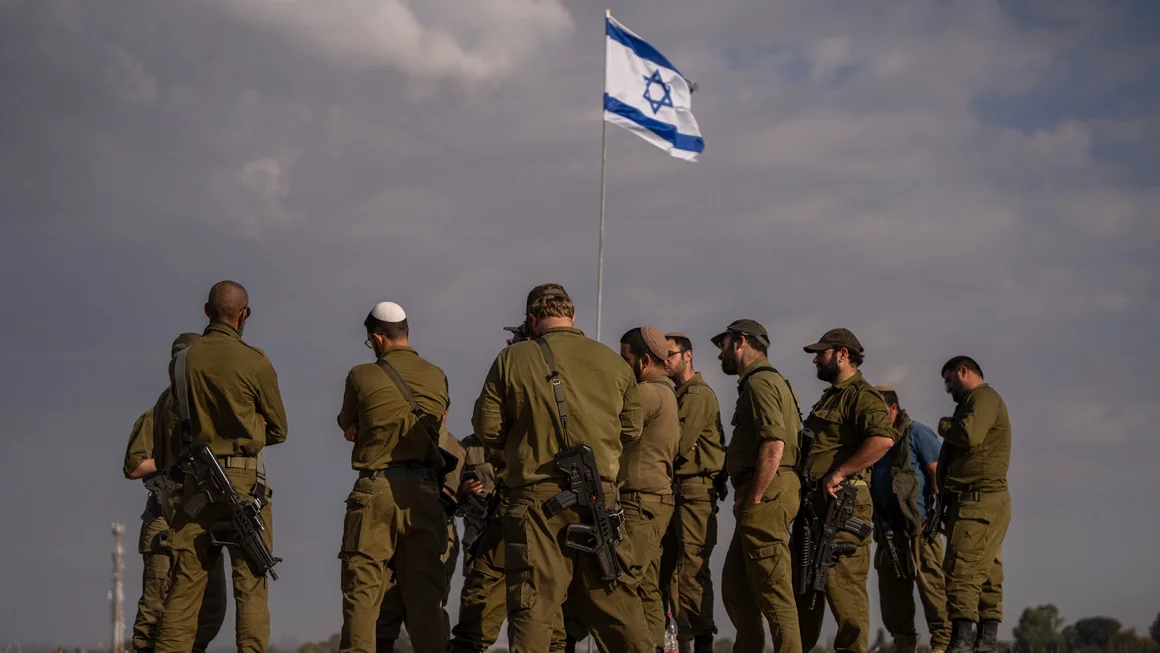The Israel Defense Forces (IDF) have introduced new protocols to safeguard soldiers’ identities, following legal actions abroad alleging war crimes. This move aims to shield military personnel from potential international prosecution.
New Media Guidelines
Under the updated guidelines, the IDF restricts media exposure of soldiers ranked colonel and below. Their full names and faces are now concealed during interviews, aligning with existing practices for pilots and special forces. Additionally, soldiers cannot be linked to specific combat operations in media reports.
Catalyst for Change
The policy shift follows an incident involving an Israeli reservist in Brazil. The soldier faced a court-ordered investigation after allegations of war crimes in Gaza surfaced. Although the soldier returned to Israel without charges, the case highlighted vulnerabilities for military personnel traveling abroad.
International Legal Landscape
Recent actions by international bodies, including the International Criminal Court (ICC), have intensified scrutiny of military conduct. Arrest warrants issued against high-ranking Israeli officials over alleged war crimes have heightened concerns about legal risks for soldiers on foreign soil.
Protecting Military Personnel
The IDF’s measures aim to prevent identification of soldiers by activist groups seeking legal action abroad. By limiting personal exposure, the military seeks to mitigate risks associated with international travel and potential prosecutions.
Broader Implications
These developments underscore the complexities faced by military personnel operating in conflict zones. The balance between operational transparency and protecting individuals from legal repercussions remains a contentious issue in international military engagements.











